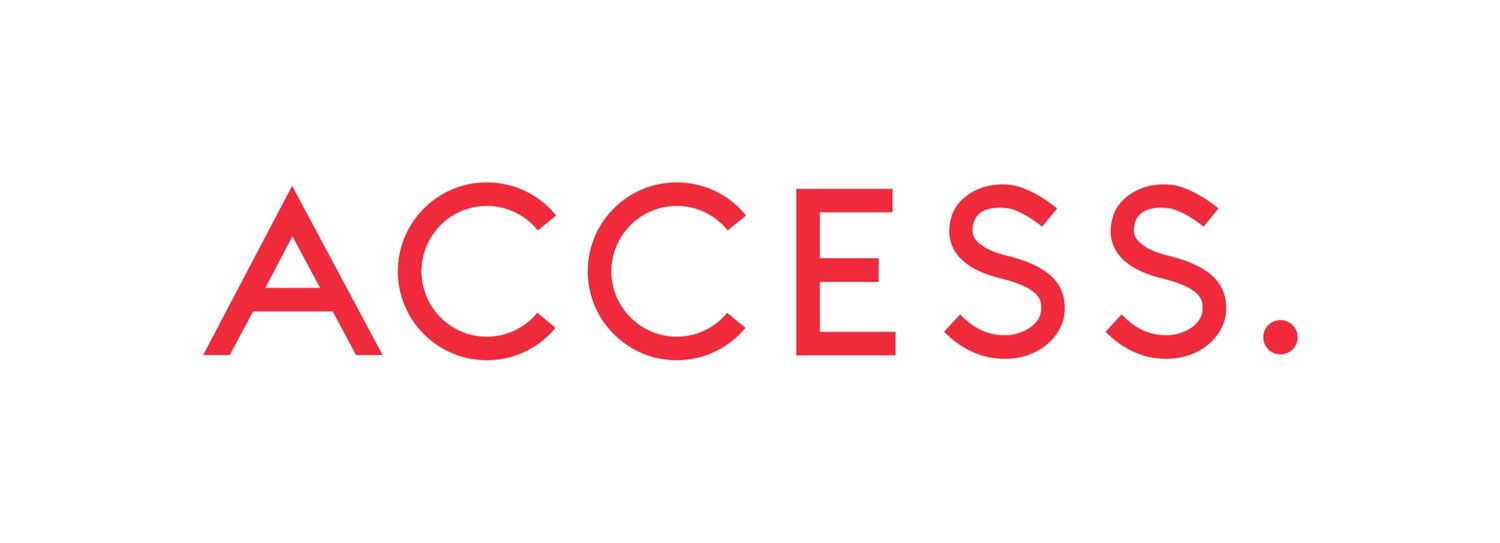Developing a Fare Structure Evaluation Framework for TransLink’s BRT corridors
As TransLink launched planning for three new Bus Rapid Transit (BRT) corridors, it faced a key challenge: how should BRT be priced in a system with both distance-based and flat fares? Early fare policy decisions were needed to guide station design, service planning, and integration with the broader network.
Access Planning led a structured, cross-departmental process to define clear fare policy assumptions for BRT. We brought together teams from planning, design, finance, and operations to align on objectives—like equity, efficiency, and customer experience—and evaluate fare structure options using tailored decision criteria.
We facilitated a series of focused workshops with senior leadership to build consensus around a preferred approach, grounded in regional goals and practical trade-offs. Our work resulted in a clear set of planning assumptions that could be applied to station design, speed and reliability modeling, and system integration—while setting the stage for future fare policy decisions.
This project showcases our ability to navigate complex policy issues through structured collaboration, with clear outputs that support confident planning decisions.
-
Vancouver, BC
-
TransLink
-
November 2024 – January 2025


